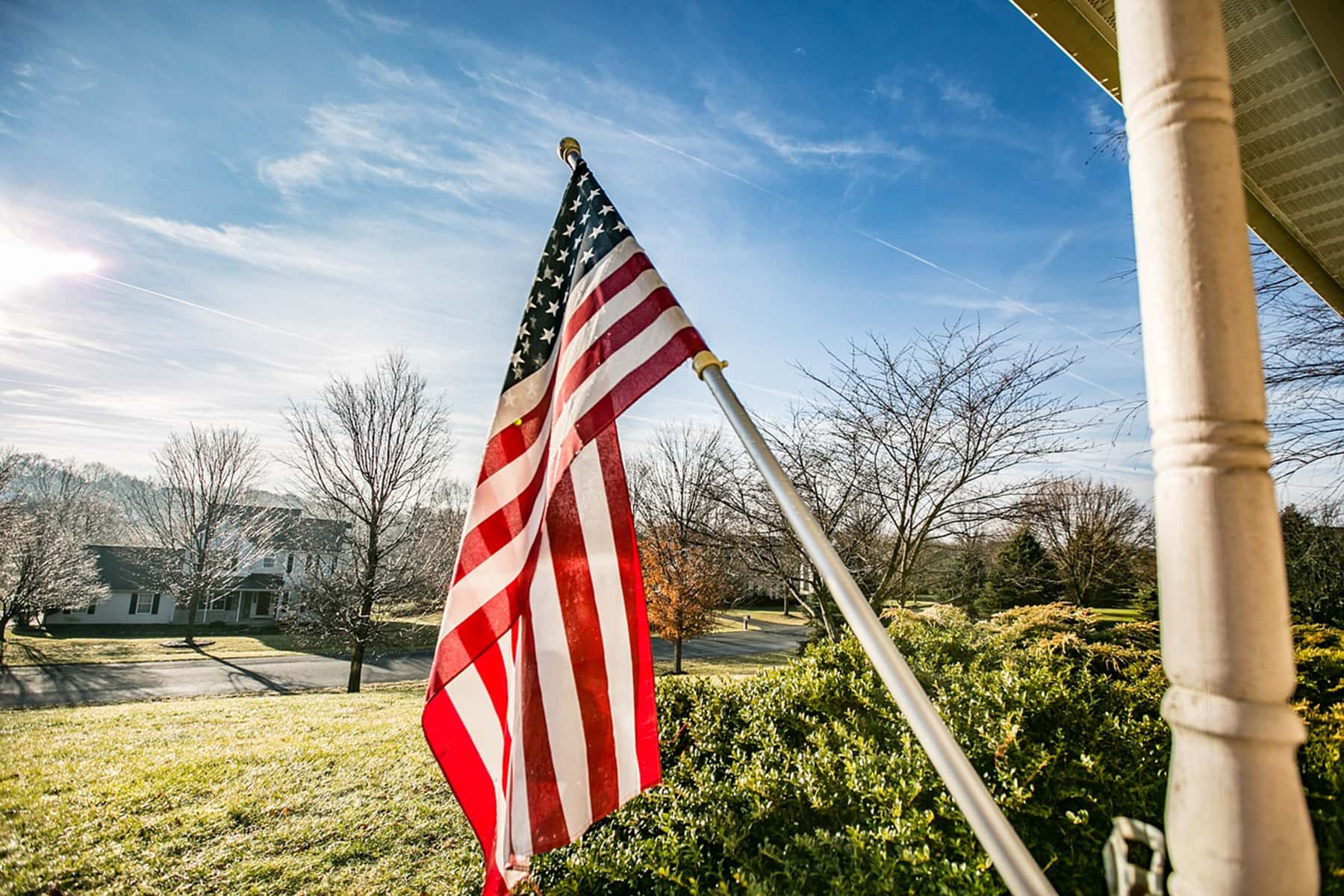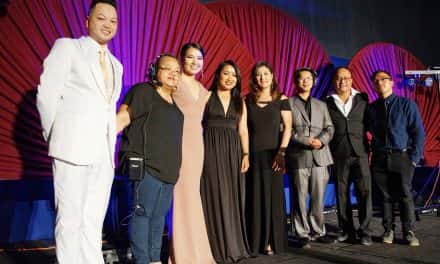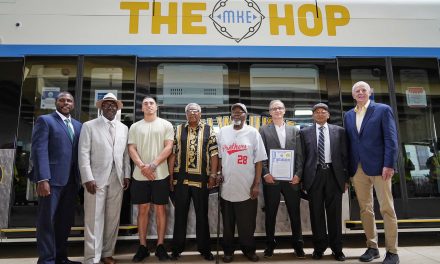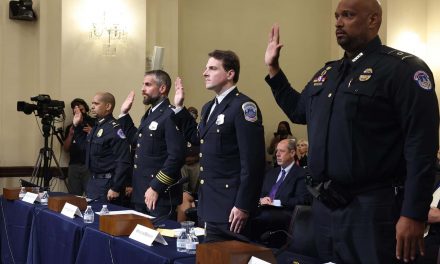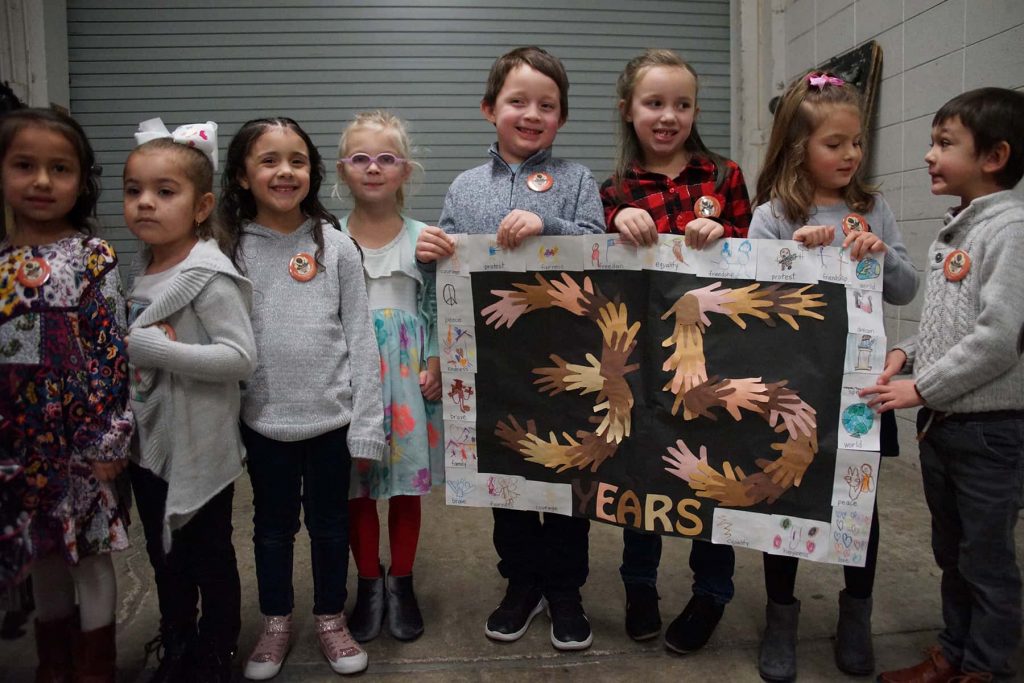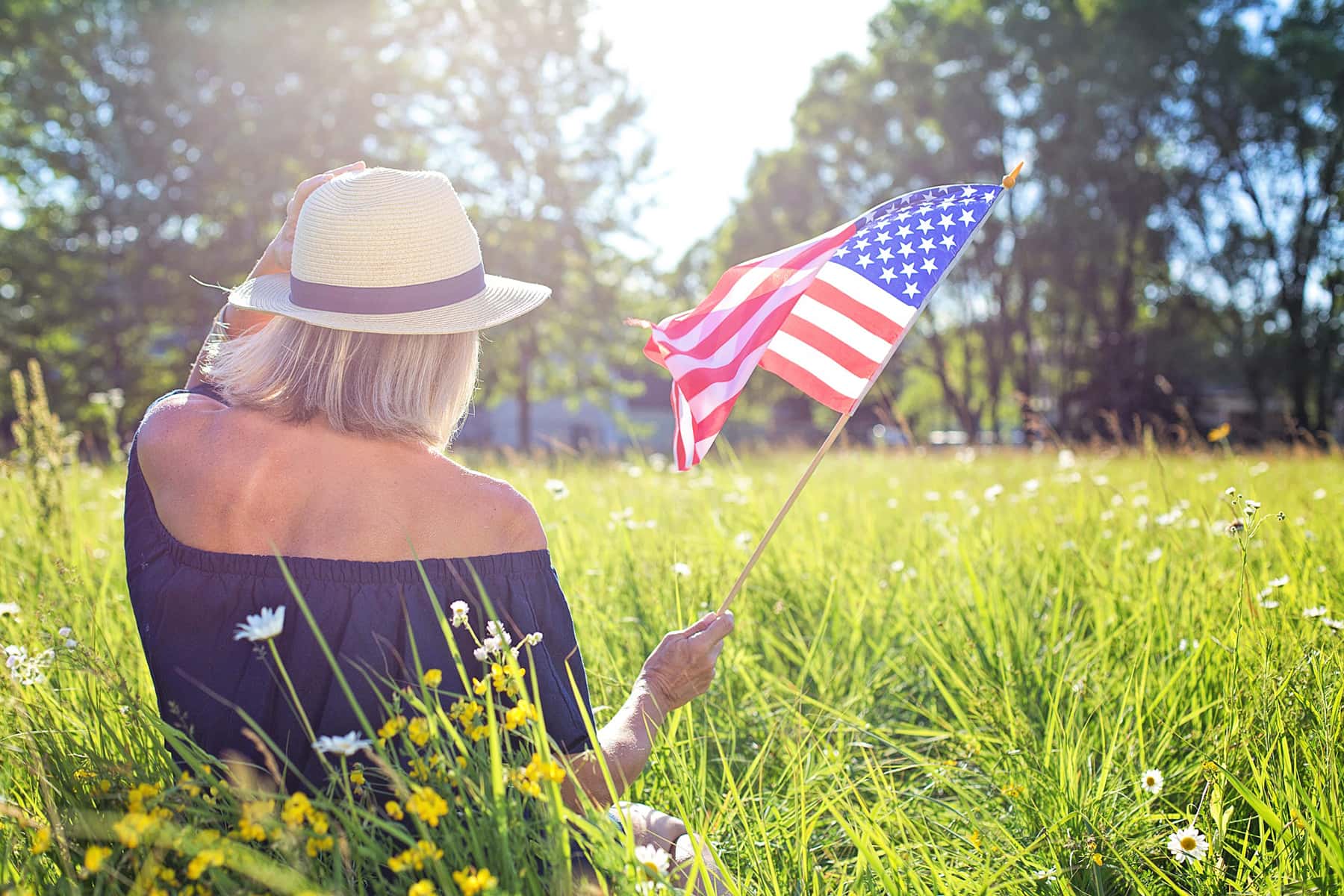
A few weeks ago, our President stated words that caused a sting in the subconscious of many assimilating Americans, when he uttered the infamous “go back to where you came from” slur.
Since then, our divided national community has had its typical responses. Some came out publicly and angrily to denounce the statements. They even called on legislators to officially denounce the President’s remarks, directed at the four United States Congresswomen, as racist.
Others defended the remarks and instead claimed that he was – yet again – being misunderstood and attacked. Those who came out justifying the President’s behavior also joined the attack on the Congresswomen, using flawed false equivalency comparisons. Their use of political ideology only furthered the national division, and caused a great deal of harm to the Congresswomen – especially targeting Representative Omar from Minnesota.
Finally, a large portion of the American public was and continued to remain silent. I spend a considerable amount of my time fascinated by this silent mass of what seems to be an “apathetic America.”
It is not that I am surprised or even upset, just oddly troubled and concerned for an ominous future. If the American public continues to engage in this dispassionate passivity, our moral determination will continue to be tested to its limits. Nothing has slowed the rhetoric and traumatic policies coming out of the White House that demeans, dehumanizes, and endangers the lives of our fellow citizens.
William Ury, Author of Getting to Yes and peace negotiator, often speaks of the integral role of the “witness.” Witnesses, as he describes the meaning, are those individuals that have the ability to see the early warning signs of dysfunction and danger. Those people who are in tune with sensations that others seem oblivious to. The ones who know that prevention is gold and worth every investment, because the consequences of not investing in prevention will ultimately prove catastrophic.
Within faith communities, we know the witnesses to be nurturers, healers, fortune tellers, and the shamans of our society. A witness can tell that trouble is looming and often finds it unbearable to remain silent. In traditional society, we have had these witnesses in our households and families, and we knew that their sage advice would help us navigate away from future calamity and unnecessary suffering.
So why, in a time of growing division and tension, does it feel like these witnesses have gone silent from the looming challenges ahead of us?
Habituated disconnection. A normalization of lacking empathy, care, or belief. This is the purposeful tuning out of information that does not somehow fuel the person’s already held narrative.
Missing is the active and sometimes even passive judgement of the lived experiences, and feelings of people and groups who could tell us that harm and abuse will bring about more hurt. Instead, that supporting function has been replaced with an ongoing confirmation bias that develops a sense of self-righteousness, that somehow one group has a higher moral authority to live their existence. It also fulfills their judgement of others being inferior to them.
It is a disconnection so deeply held that it takes obviously racist statements or attacks of hate for some people to even consider denouncing the comments.
If the “go back to where you came from” comments struck a sensitive cord in our psyche, it was because it should have. Every healing journey has a process, and our country is no different. To get to a healthier spiritual kingdom, we need honesty and the acknowledgment of pain.
When our President echoed these words, I was strangely relieved because we no longer had to have the discussion of does racism exist? Instead, we could move forward to have the discussion of, what can we do about it?
My hope remains that we can commit to actions that can one day paves a path for a more empathetic society that sees God in all of our children, and sees brotherhood and sisterhood in all beings. It is a hope that maybe is naive, because of the tribalism we exist in.
The challenges of racism have proved incredibly formidable due to our strong denial and the lack of witnesses. As important as it is for us to find and listen to these witnesses in life, it is so much more important that we ourselves embody and become the same witnesses that we seek.
In all of our faith backgrounds and journeys, we not only understand the role of the witness, but also the Golden Rule of committing to an action that rights the wrongs, that heals the hurting, that provides water to the thirsty, that gives clothes to the poor, and revives the breathless.
It is not the time to “hear no evil, see no evil,” and then speak nothing or do nothing. Right now is a time to return to caring. We need to create a society of healing witnesses. America has historically been a working ideal and continues to be so today. With that understanding, patriotism and complacency should never be synonymous.

